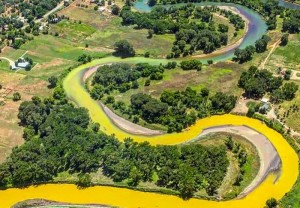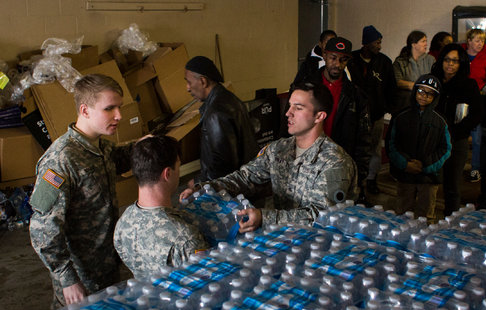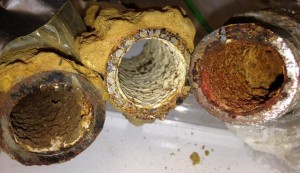 Why should rainwater collection be considered as a viable water source?
Why should rainwater collection be considered as a viable water source?
When public water supplies become damaged or compromised, especially due to human error, we must consider other viable options.
Over the last year we all have read articles about contamination of public water sources. The most recent in Flint Michigan has alarmed the nation. Old pipes in the infrastructure leached lead into the supply system caused by corrosive water when emergency managers switched water from Lake Harrow to the Flint River, affecting more than 1,000,000 people.
 In August 2015, an estimated 3 million gallons of mine waste was released into a tributary, which flows into the Animas River near Durango Colorado. The mustard colored sludge contained high levels of arsenic, lead, and cadmium making the river and nearby wells unsafe for humans.
In August 2015, an estimated 3 million gallons of mine waste was released into a tributary, which flows into the Animas River near Durango Colorado. The mustard colored sludge contained high levels of arsenic, lead, and cadmium making the river and nearby wells unsafe for humans.
In April 2015, the nation’s largest electrical company Duke Energy was found guilty of contaminating nearby wells with heavy metals such as vanadium and chromium. Local streams and lakes were also affected from contaminants from Duke’s Coal ash pits.
Collecting rain makes sense. Whether you collect it in rain barrels or your storage needs require larger cisterns, rainwater collection and use has a host of benefits.
 Here are two main reasons why you should change your way of thinking about rainwater collection:
Here are two main reasons why you should change your way of thinking about rainwater collection:
- Rainwater can be a clean, safe, reliable source of potable and non-potable water
- Rainwater is relatively clean to begin with and if collected, conveyed, stored, filtered and disinfected properly, it can meet the needs of small scale watering to whole house potable use




